Downloads
The videos below are available for download from GAP, please pay using the PayPal link and we will send you the link to the film by email. Alternatively, please contact us.
Language, Nature and Spirit
Jim Fitzgerald, Jungian analyst, launched the first in a series of annual public lectures held in memory of Vera von der Heydt, Jungian analyst and co-founder of the Guild of Analytical Psychologists. This first lecture, in November 2010, focused on the deeper psychological connections between language, nature and spirit.
In the last article that he wrote, shortly before he died, Jung expressed the sadness many people have felt at the separation of humans from the natural world. ‘Through scientific understanding,’ he says, ‘our world has become dehumanised. Man feels himself isolated in the cosmos.’ There was a time when humans could understand the songs of birds, the barking of dogs, and the voice of the wind. Now, even as human communication develops and expands, the natural world around us has fallen silent.
The Grimm fairy tale ‘The Three Languages’ allows us to imagine how this split between nature and spirit may be healed, through the agency of language. This healing process involves a deeper connection to the natural world and the spiritual dimension within it.
Jim Fitzgerald is a Jungian analyst with a private practice in London and author of ‘The Father’s Shadow and the Source of the Masculine’, and ‘Vision of Light: The Healing Power of the Numinous’ published by the Guild of Pastoral Psychology. His background is Ancient Classics and Byzantine Greek. He holds a Diploma from the C. G. Jung Institute in Zurich, and is a training analyst and a member of The Guild of Analytical Psychology and Spirituality and of The Independent Group of Analytical Psychologists. He is a past Chairman of the C. G. Jung Analytical Psychology Club.
Download video: £9.99
Poetry, Spirituality and Individuation
The second lecture in our Vera von der Heydt memorial lectures was given by Dariane Pictet in February 2011.
The mystery and metaphors of poetry touch us with its longing and exposes the trials and tribulations, and the joy that we encounter in our journey through life. The poetic imagery of Rumi, Rilke, Emily Dickinson and Mary Oliver, among others, appeals directly to the soul and describes human experience in a way that opens both the heart and the imagination. It reconnects us to the immediacy of the world, to a time when we looked up at the moon and the stars with wonder, with a feeling of belonging, of being naturally and fundamentally in harmony with our nature and our surroundings.
Dariane Pictet is a Jungian Analyst and author of Rumi – Poet of the Heart, and Kali- Goddess of Destruction, both published in The Jungian Odyssey Series by Spring Books, she also edited two Anthologies of Poetry. Originally from Geneva, Switzerland, Dariane holds a degree in Comparative Religion from Columbia University and a Diploma from the C. G. Jung Institute in Zurich. She also trained with Marion Woodman in BodySoul Leadership. She is a member of the Guild of Analytical Psychology and Spirituality (GAPS), of the Independent Group of Analytical Psychologists (IGAP) and of the International School of Analytical Psychology-Zurich (ISAP).
Download video: £9.99
The Labyrinth
ffiona von Westhoven Perigrinor gave the 4th lecture in our Vera von der Heydt series in October 2011.
At the beginning of Jung’s collection of essays in ‘Psychology and Alchemy’ (CW12) he considers the religious and psychological problems of Alchemy and writes: “…the right way to wholeness is made up, unfortunately, of fateful detours and wrong turnings. It is a longissima via, not straight but snakelike, a path that unites in the manner of a guiding caduceus, a path whose labyrinthine twists and turns are not lacking in terrors.”
The labyrinth is a very ancient image probably best known from the story of the Minotaur, although arguablyeven more archaic. Unlike a maze, which has choices and dead ends, the labyrinth is unicursal with just one path to the centre, despite its twists andturns, and only one way out. In that sense it is a true symbol that also holds both positive and negative energies, and an appropriate archetype for the path to individuation.
ffiona von Westhoven Perigrinor trained at the CG Jung Institute in Zurich in the last century, has private practices in London and West Oxfordshire and is a senior member of GAP (The Guild of Analytical Psychologists) and IGAP (Independent Group of Analytical Psychologists). She lectures widely, has been working as an analyst in China since 2007 and is particularly interested in bringing insights from Eastern culture together with Jung’s understanding of the psyche. Her first academic degree was history and it was that which first attracted her to Jung – a way of making sense of the past and the world today. She is also a medievalist, has written two scholarly books about women in the Middle Ages, under her pen-name ffiona Swabey, and has just completed her first novel about medieval pilgrims.
Download videeo: £9.99

